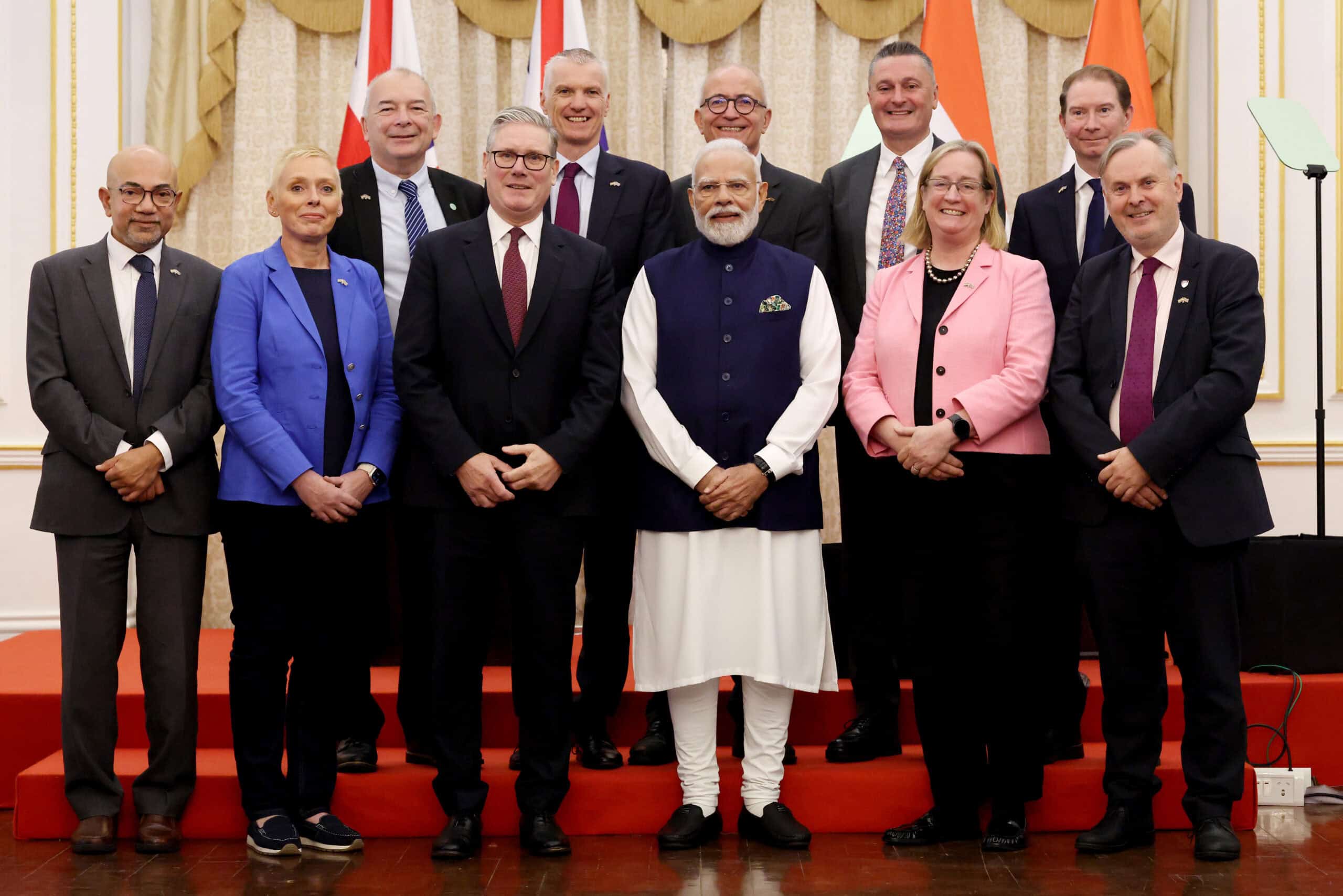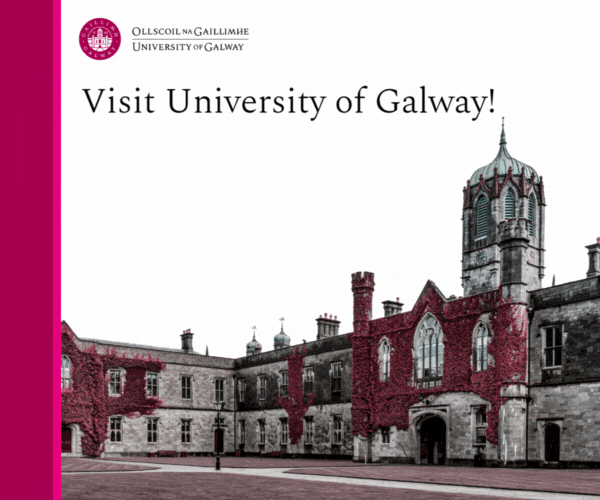The long-awaited strategy, released today (January 20), outlines the UK government’s target to reach an annual education export target of £40bn by the end of the decade – up from £32.3bn in 2022.
Notably, it removes international student recruitment targets, signalling a break from the 2019 strategy, which targeted the 30% growth of international levels by 2030.
“Success will mean hitting the target while operating sustainable levels of international student recruitment,” the document states, doubling down on the government’s overall aim of reducing net migration, as laid out in last year’s immigration white paper.
In an exclusive interview with The PIE News, Sir Steve said a focus on transnational education (TNE) was the “biggest change” in the sector in recent years, welcoming the “commitment across government for that pivot to TNE” and the importance of other areas including skills, early years, schools, edtech and special educational needs.
“The first strategy was a child of that world. Now, it’s much more about moving towards bringing the strength of the UK’s education system across the board to the international market,” said Sir Steve.
The strategy states the £40bn aim will be achieved across the “full breadth of the sector”, including TNE, English language training (ELT), and edtech, while broadly referencing existing trade missions, soft power networks and boosting financial support mechanisms.
It highlights the success of existing TNE initiatives, with exports across all sectors reaching £3bn in 2022. But it doesn’t set out the financials of how much TNE will contribute to the overall growth plan.
It recognises the “strong potential” of further overseas expansion and hails the “significant achievement” of Southampton University establishing the UK’s first India campus last year – though the financial impact of the expansion is yet to be realised.
The UK’s international education champion Sir Steve is spearheading many of the IES’ objectives, with the government prioritising partnerships in India, Indonesia, Nigeria, Saudi Arabia and Vietnam, and recognising the “strategic importance” of China and Hong Kong.
Sir Steve said the cost of travelling to study abroad in the UK was only accessible to a small percentage of students, and that the demand for TNE was coming from international governments.
“What these governments want is UK quality, but at a price point that is more inclusive for their society, and what we do is work with the government of each of the countries where TNE is growing to make sure that fulfils the needs,” he told The PIE.
Now, it’s much more about moving towards bringing the strength of the UK’s education system across the board to the international market
Sir Steve Smith, UK international education champion
Beyond higher education and TNE, the strategy spotlights the “dynamic” ELT sector, which generated £560m in 2022. It praises the quality of the UK’s English language teaching, assessment and teacher training, though doesn’t explicitly state how growth will be boosted.
Meanwhile, edtech and other educational services added £3.89bn to the UK economy in 2022, the strategy states, identifying online learning as another opportunity for growth.
While making clear that growth will not come from increased international recruitment targets, the strategy sets out measures to promote the UK as a study and research destination, including through the Study UK campaign partly funded by the British Council.
It makes much of leveraging the British Council’s existing diplomatic network “to build bridges across cultures and sectors, deepen global ties, and support strategic collaboration”, vowing to expand such partnerships across global trade, study abroad and skills.
The strategy highlights the value of previously announced policies, including the launch of the British Council’s new TNE strategy last year, the UK’s rejoining of Erasmus+, and existing scholarships including the renowned Chevening program.
“The UK is taking a new diplomacy-led approach,” states the strategy, which is co-owned by the Foreign, Commonwealth and Development Office (FCDO), the Department for Education and the Department for Business and Trade (DBT).
As such, soft power is central to the strategy’s growth objectives, which looks ahead to the upcoming of the Soft Power Strategy that it says will support the IES, though it gives no details of the publication timeline.












